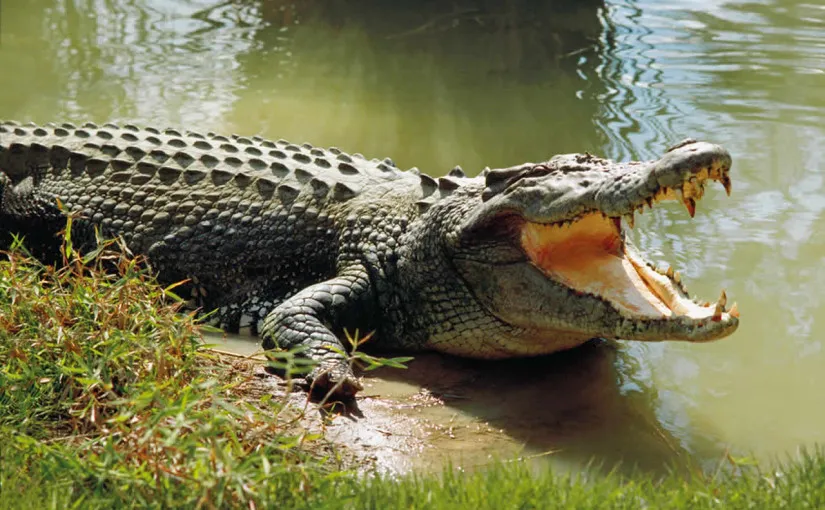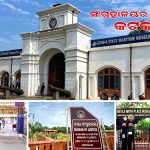Starting today, a three-month embargo on tourist entry to Odisha’s Bhitarkanika National Park is in effect, marking the onset of the mating and nesting season for saltwater crocodiles. This ban, operational until July 31st, encompasses the Bhitarkanika, Dangamala, and Ragadapati forest blocks within the sanctuary, facilitating an undisturbed nesting environment crucial for the crocodile population. The imposition of this prohibition aims to safeguard the annual nesting rituals of the estuarine crocodiles, which lay their eggs in the vicinity of mangrove forest water bodies and vigilantly protect them until the hatchlings emerge. The quietude of this period is paramount to ensure that the crocodiles are not disturbed during their breeding activities.
Manas Das, assistant chief conservator of forests at Bhitarkanika, highlighted the potential disturbance caused by the noise generated by mechanized boats ferrying tourists and forest officials. He stressed that disturbances during nesting and breeding phases could heighten the aggression of the crocodiles, increasing the likelihood of crocodile attacks. Such attacks predominantly occur during the nesting season, making the regulation of tourist activities imperative for crocodile conservation efforts. Das further emphasized the need for vigilance regarding the movements of female crocodiles by forest guards. Additionally, he addressed the issue of illegal entry into forest areas by local villagers for activities such as honey collection and wood gathering, which disrupts the natural habitat of the reptiles. To curb unauthorized entry, the forest department has implemented restrictions on human movement in these areas.
During the nesting period, female crocodiles meticulously construct nests using mangrove twigs, leaves, and mud, situating them at elevated sites to ensure direct sunlight exposure and prevent inundation during the monsoon. Despite a female crocodile typically laying 50 to 60 eggs per nest, the survival rate is notably low, with only one hatchling out of 500 eventually reaching adulthood.
Starting today, a three-month embargo on tourist entry to Odisha’s Bhitarkanika National Park is in effect, marking the onset of the mating and nesting season for saltwater crocodiles. This ban, operational until July 31st, encompasses the Bhitarkanika, Dangamala, and Ragadapati forest blocks within the sanctuary, facilitating an undisturbed nesting environment crucial for the crocodile population. The imposition of this prohibition aims to safeguard the annual nesting rituals of the estuarine crocodiles, which lay their eggs in the vicinity of mangrove forest water bodies and vigilantly protect them until the hatchlings emerge. The quietude of this period is paramount to ensure that the crocodiles are not disturbed during their breeding activities.
Manas Das, assistant chief conservator of forests at Bhitarkanika, highlighted the potential disturbance caused by the noise generated by mechanized boats ferrying tourists and forest officials. He stressed that disturbances during nesting and breeding phases could heighten the aggression of the crocodiles, increasing the likelihood of crocodile attacks. Such attacks predominantly occur during the nesting season, making the regulation of tourist activities imperative for crocodile conservation efforts. Das further emphasized the need for vigilance regarding the movements of female crocodiles by forest guards. Additionally, he addressed the issue of illegal entry into forest areas by local villagers for activities such as honey collection and wood gathering, which disrupts the natural habitat of the reptiles. To curb unauthorized entry, the forest department has implemented restrictions on human movement in these areas.
During the nesting period, female crocodiles meticulously construct nests using mangrove twigs, leaves, and mud, situating them at elevated sites to ensure direct sunlight exposure and prevent inundation during the monsoon. Despite a female crocodile typically laying 50 to 60 eggs per nest, the survival rate is notably low, with only one hatchling out of 500 eventually reaching adulthood.





